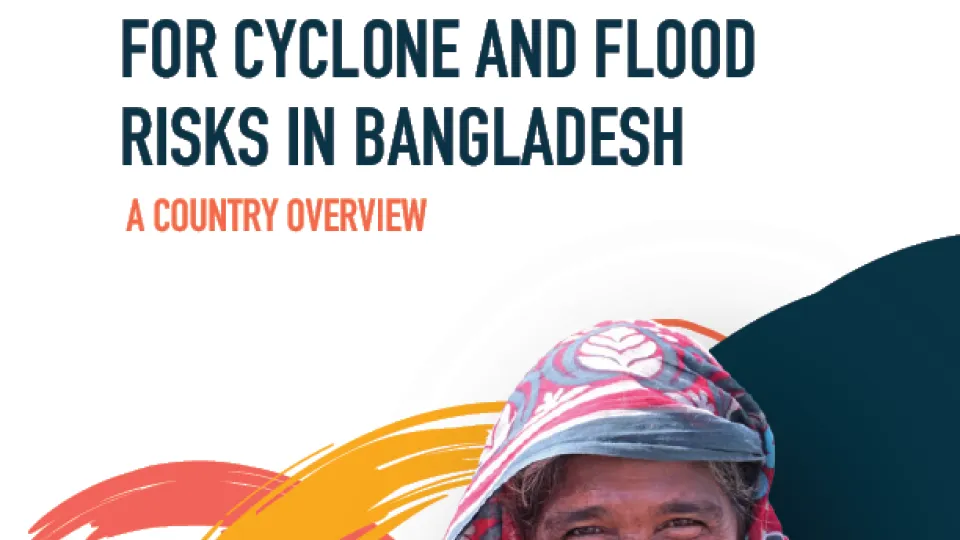
Early Warning Systems for Cyclone and Flood Risks in Bangladesh
This report, published by Start Network in collaboration with Nirapad, assesses the current status of Bangladesh's early warning systems for floods and tropical cyclones.

This report, published by Start Network in collaboration with Nirapad, assesses the current status of Bangladesh's early warning systems for floods and tropical cyclones.
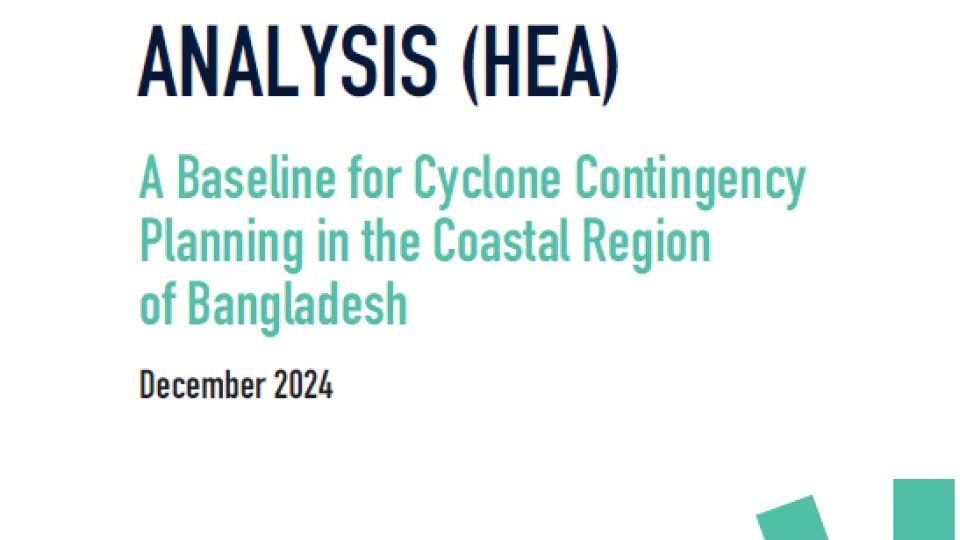
A baseline for cyclone contingency planning in the coastal region of Bangladesh.
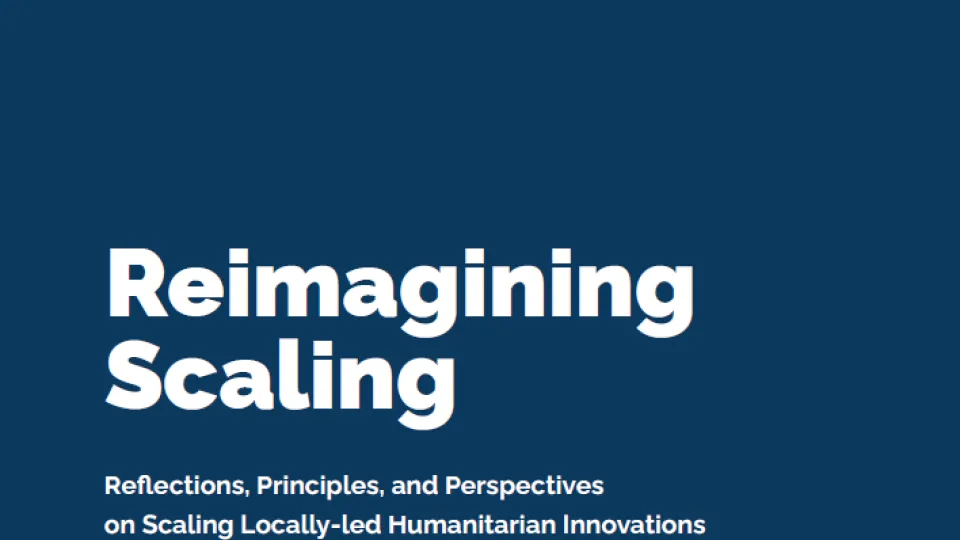
The Reimagining Scaling report explores how scaling can be redefined for locally-led humanitarian innovations across five countries—Guatemala, Indonesia, the Philippines, Brazil, and Cameroon.
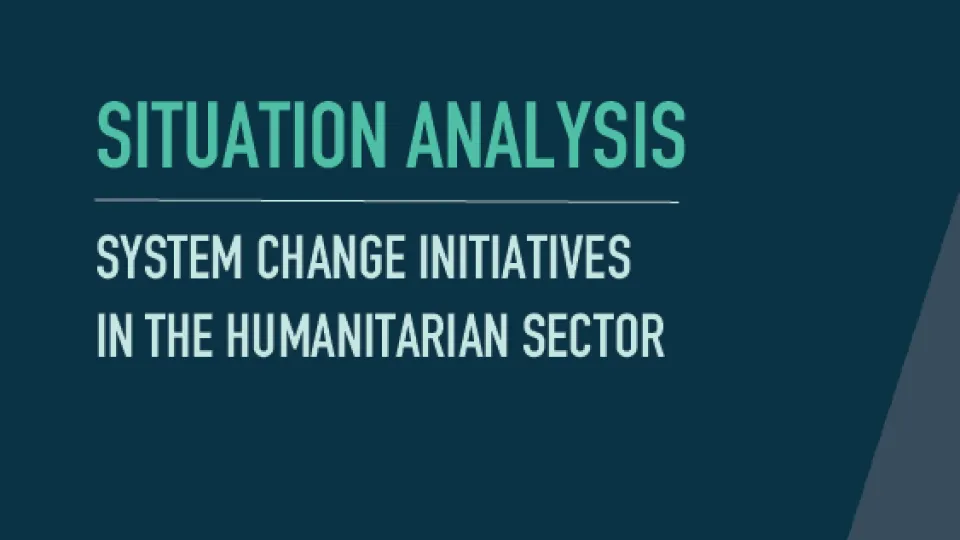
This situational analysis explores where the Start Network’s Hubs model sits within a broader landscape of initiatives that are working in some of the Hub contexts (or across them) to bring about a more localised system.
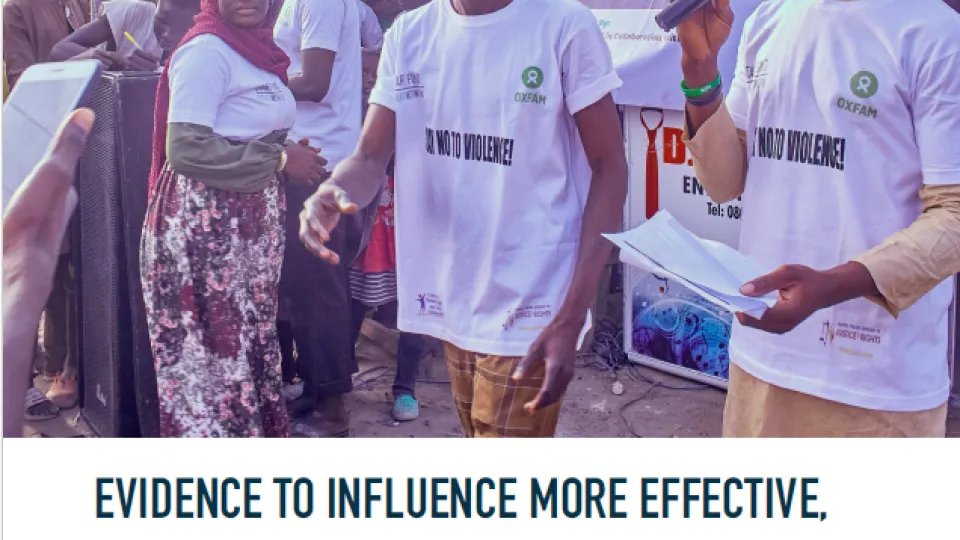
This report explores the existing evidence base and rationale for localisation to better understand how arguments for effectiveness, efficiency and equity in the localisation discourse are understood, evidenced and communicated.
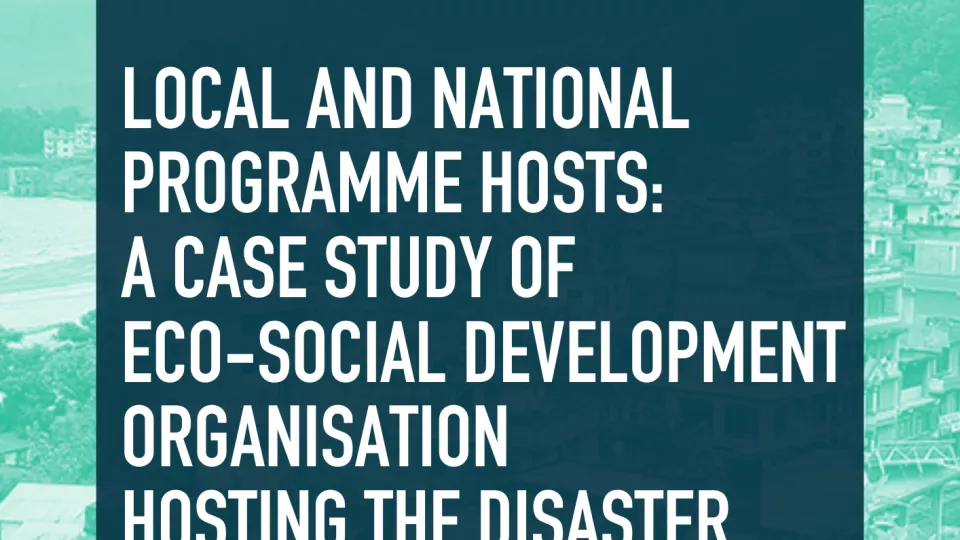
Start Network aims for a locally-led humanitarian system, and the transition is already underway through the development of networks (known as ‘hubs’). Start Network hubs are collectives of local, national, and international organisations or humanitarian responders operating in the same country or region. Hubs come together through a vision of system change, to tackle the deep-rooted issues in humanitarian responses within their contexts. They are supported by the Global Start Network but ultimately, they control their resources and define their responses to crises affecting and threatening their communities.
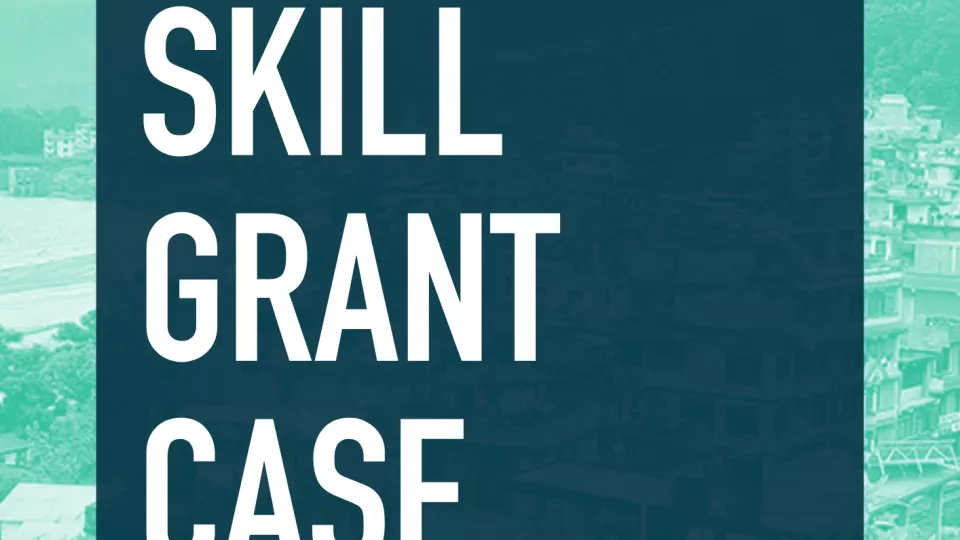
The Sharing Knowledge and Ideas under Local Leadership (SKILL) Grant was developed in 2021 so that Start Network’s local members could lead collaborative research projects and learn through partnerships. This document contains the case studies gathered during the grant.
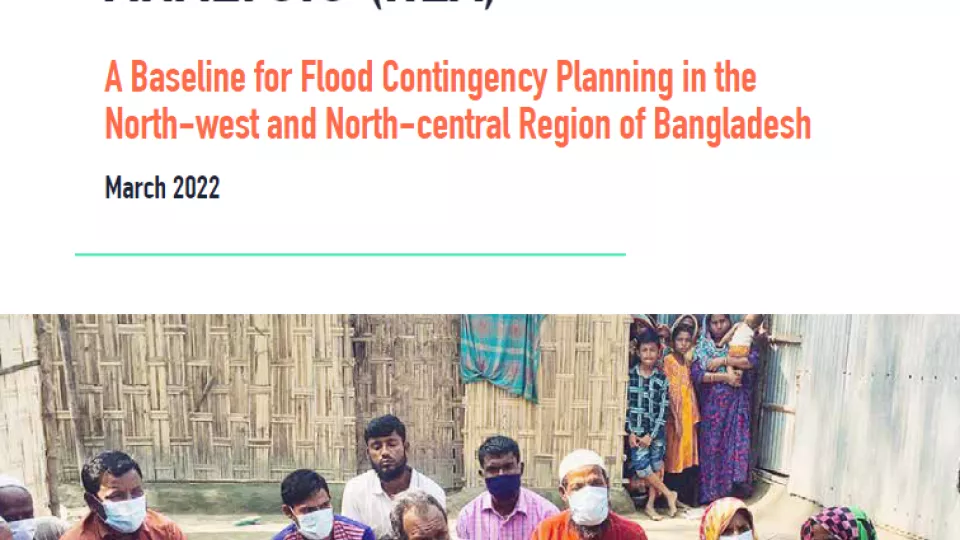
In October 2021, Start Fund Bangladesh commissioned a detailed livelihood study applying the household economy analysis (HEA) framework.
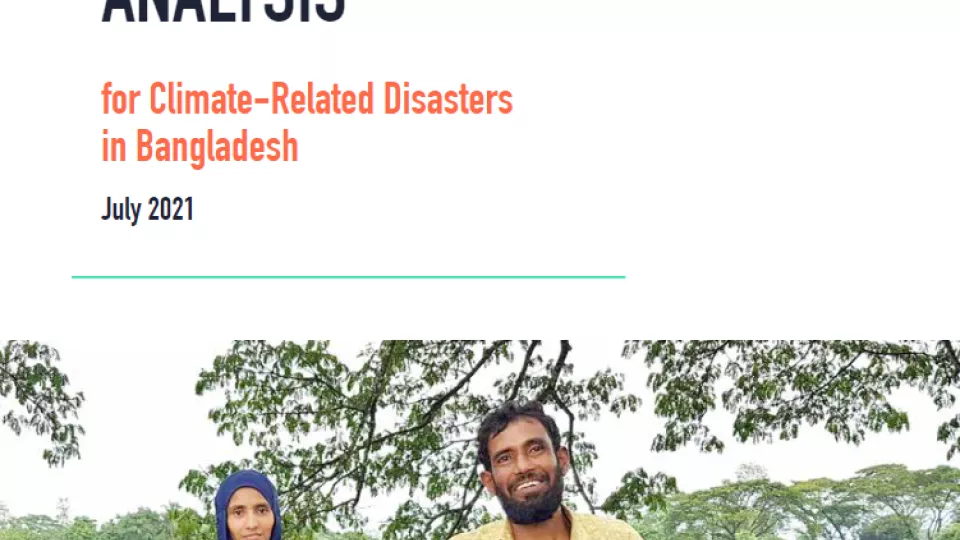
The objective of the study “Financial Flow Analysis for Climate-related Disaster in Bangladesh” has been three-fold. First, it has provided a background of the trend of funding flows entering the country to address climate-related disasters; then the funding gap has been analyzed considering the funding that was applied for collectively by the humanitarian actors and what was subsequently received from different donors; finally, the study explored the crisis anticipation and response mechanisms of Start Fund Bangladesh (SFB) to gain a better understanding of its recent activities.
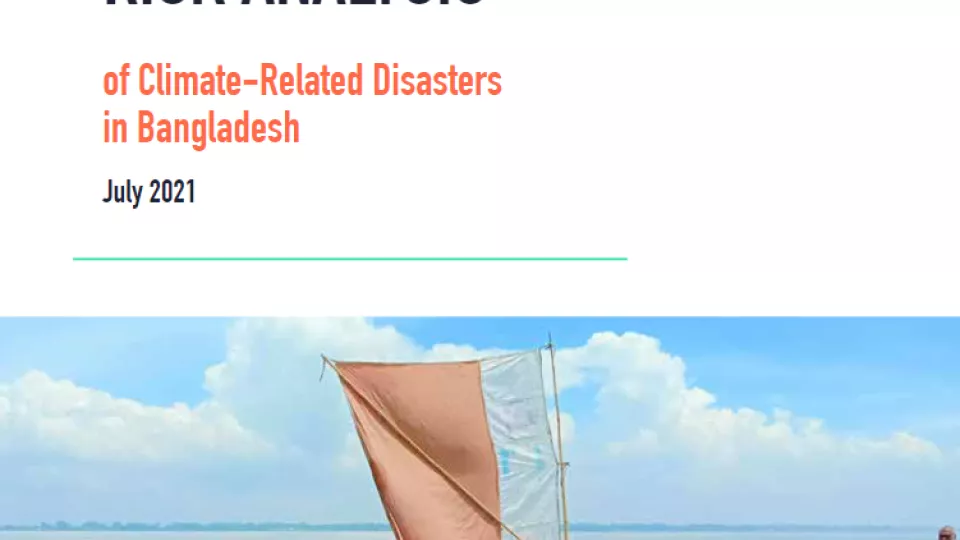
Bangladesh is highly vulnerable to recurring hazards and this situation is going to exacerbate due to the impacts of climate change.